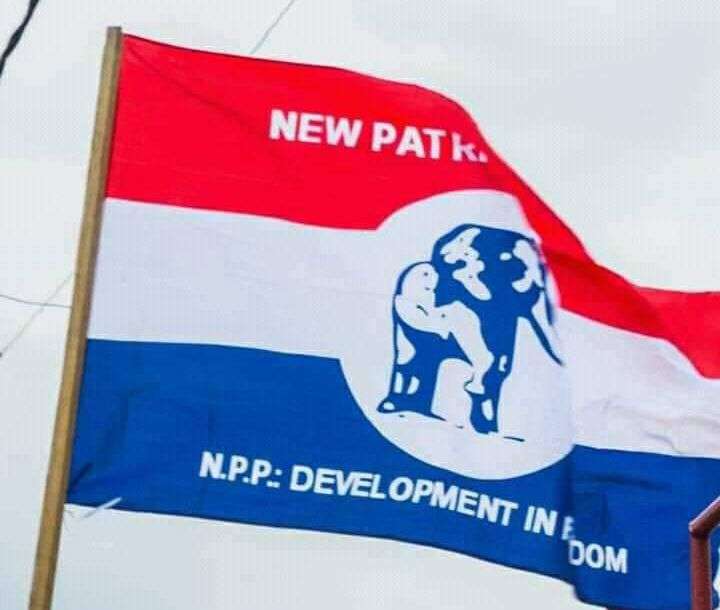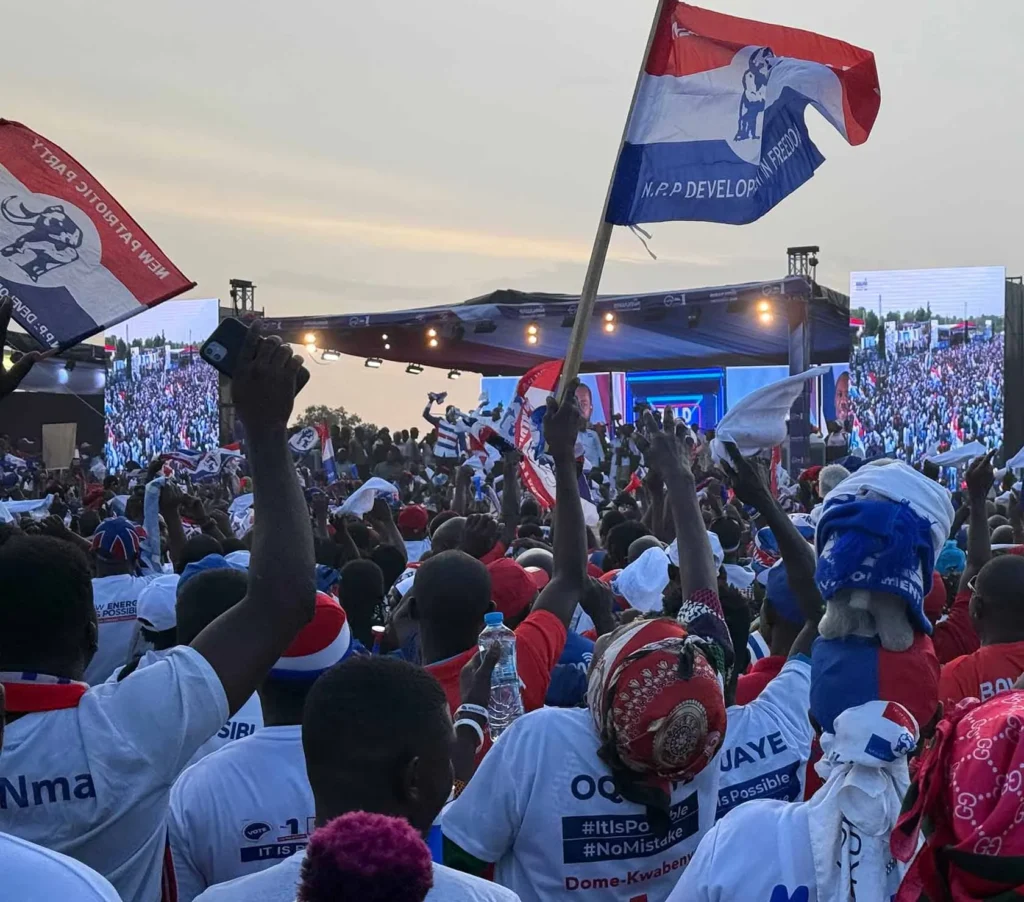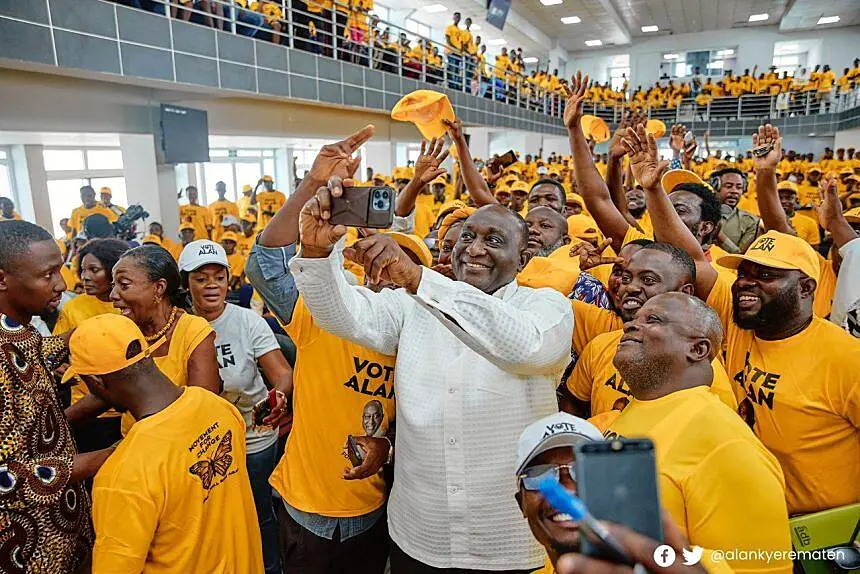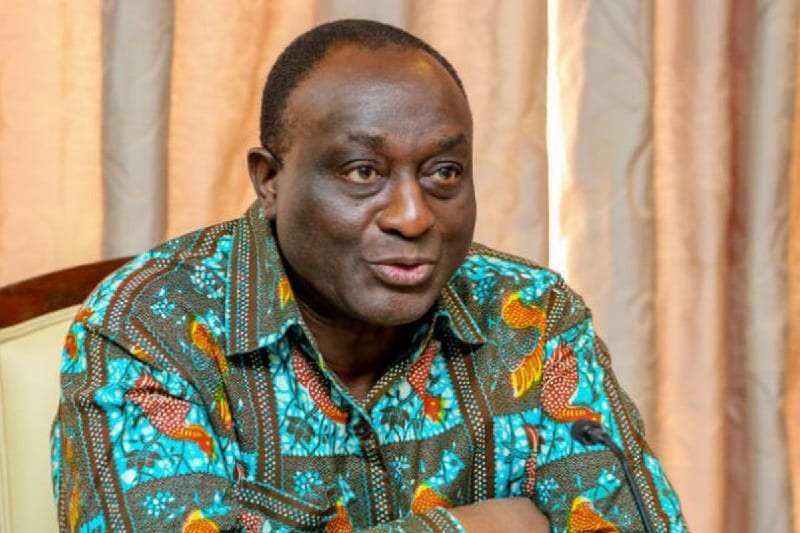Dr. Kwame Asah-Asante, political scientist, has stated that the recent acknowledgment by the NPP that Alan Kyerematen’s exit to form the Movement for Change (MFC) contributed to the party’s electoral loss highlights deep-seated issues within the party that were left unresolved for too long.
He noted that when Alan resigned from the New Patriotic Party (NPP), party members launched scathing attacks against him, claiming he overrated himself and was not bigger than the party.
Now, he said, the party leadership appears to have realized the magnitude of the damage caused by his departure, with Hackman Owusu Agyeman, Chairman of the NPP’s Council of Elders, publicly admitting that Alan’s exit had indeed dealt them a heavy blow.
“Today, that’s what we are seeing. What it means is that in elections, every vote counts. So you don’t want to lose anybody. The best you can do is to maintain the numbers that you have.
“The problem has been the fact that they [the NPP] do not deal with the lingering feud within the party after the primaries; they shove it under the carpet, and that is one of the problems that has created this boomerang effect for them.”
Dr. Kwame Asah-Asante
According to him, this, combined with the vitriolic attacks from party loyalists directed at Alan and his supporters, fueled bitterness and resentment. His followers, feeling alienated, retaliated publicly, deepening the divide.
He explained that while Alan himself was unlikely to win the presidential election outright, his departure and the formation of the MFC positioned him as a potential “kingmaker”.
This, he argued, created significant problems for the NPP as it split the party’s support base at a critical time. “Today, the chicken has come home to roost,” he said, emphasizing that elections are often decided by narrow margins.

Meanwhile, the fallout from Kyerematen’s dramatic departure from the NPP continues to stir heated debate, with political analysts and insiders dissecting its impact on the party’s crushing defeat in the 2024 general elections.
Dr. Asah-Asante described it as a pivotal moment in Ghana’s political landscape.
Calls for Reform, Healing
Dr. Asah-Asante urged the NPP leadership, now clearly aware of the damage caused by these divisions, to implement strong measures to heal internal rifts before the next election cycle.

He stressed the importance of addressing grievances head-on, rather than allowing them to fester.
He cautioned that if the NPP enters the 2028 elections with unresolved conflicts, the party risks facing yet another humiliating defeat.
According to him, fixing internal problems is not just a political necessity but a survival strategy for the party. “They should put measures in place to ensure the right things are done so that people are not going to the polls in 2028 with lingering pain,” he advised.
Dr. Asah-Asante further suggested that a united front would allow the NPP to rebuild its credibility and strengthen its chances of reclaiming power in future elections.
Alan Kyerematen’s Camp Rejects NPP Return
Adding his voice to the discussion, Nana Yaw Sarpong, political aide to Alan Kyerematen, categorically dismissed any possibility of the Movement for Change rejoining the NPP under current conditions.
He accused the NPP of being a “declining party” that has failed to confront the very issues that caused Alan’s departure and the subsequent split in the first place.

Sarpong explained that until meaningful reforms are undertaken, the MFC sees no reason to consider returning.
“So, where and to whom do we return to? Absolutely not. We only make considerations after these reforms are done, but we have been very blunt and consistent in saying that there is a need for us to move forward. We are going beyond this.”
Nana Yaw Sarpong
He also criticized the NPP for continuing to downplay Alan’s influence and the significance of those who left with him to form the MFC.
According to Sarpong, party figures such as Miracle Aboagye, an NPP communicator, have repeatedly claimed that the party’s electoral defeat had “nothing to do with Alan Kyerematen.” This, Sarpong argued, reflects the party’s unwillingness to confront reality.

Looking ahead, Sarpong revealed that the Movement for Change is preparing to make a major announcement in the near future, signaling plans to solidify its position as a formidable political force.
The debate over Alan Kyerematen’s departure and its political ramifications underscores the challenges facing the NPP as it attempts to rebuild in the aftermath of its 2024 loss.
Analysts agree that the party’s future hinges on its ability to reconcile with disaffected members, implement genuine reforms, and present a united front.
Whether the NPP can rise from this political setback remains to be seen, but one thing is clear: Alan’s exit has reshaped Ghana’s political landscape in ways that will continue to influence the country’s electoral politics for years to come.



















